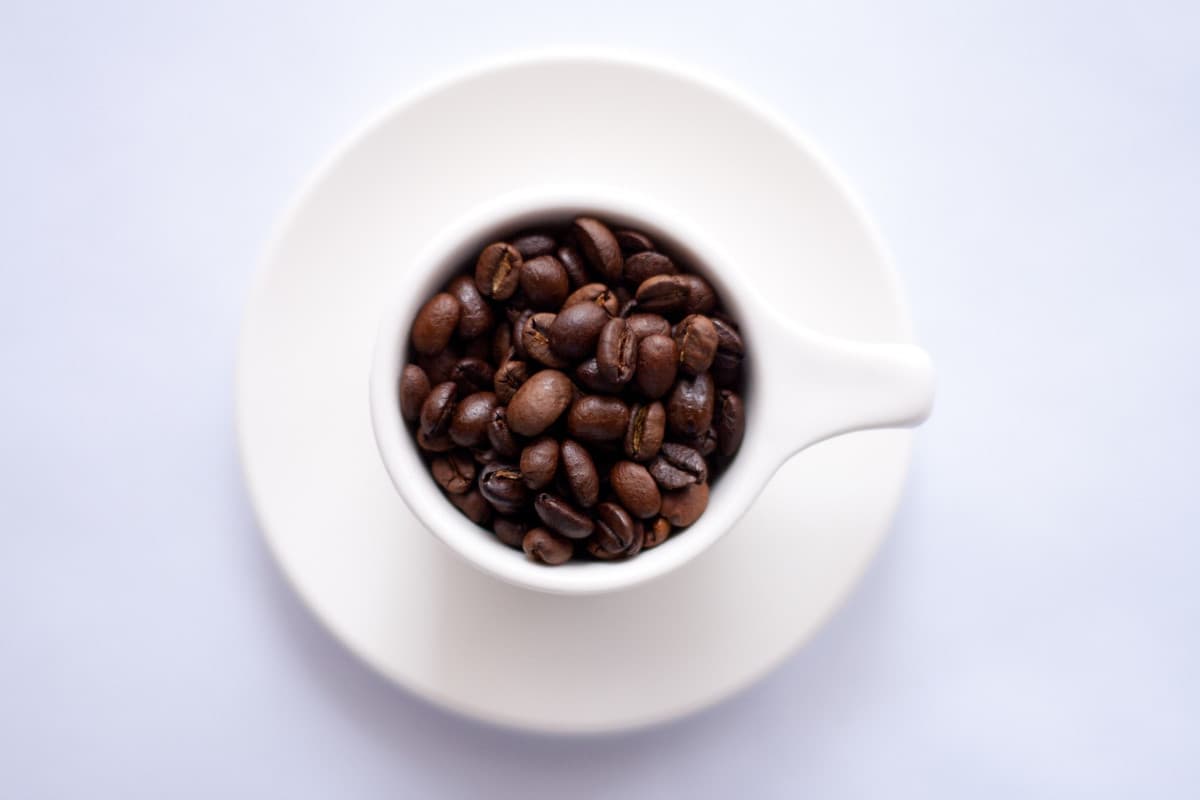In a groundbreaking study recently published in the journal Cell and Bioscience, researchers have uncovered that your morning cup of coffee might be more than just a pick-me-up. The study investigates the potential inhibitory effects of coffee against the severe acute respiratory syndrome coronavirus 2 (SARS-CoV-2), the virus responsible for COVID-19.
Amid the evolving landscape of COVID-19 and the introduction of vaccine boosters, the study explores the role of diet in influencing SARS-CoV-2 infection efficiency. Previous reports hinted at the positive impact of a polyphenol-rich diet and physical activity on triggering an active immune response and reducing the risk of severe disease.
Coffee, a globally consumed beverage rich in polyphenols and antioxidants, including caffeic acid, chlorogenic acid (CGA), trigonelline, melanoidins, and cafestol, takes center stage in this study. Previous observations noted a 10% lower COVID-19 risk among those who consumed at least one cup of coffee per day, according to a study involving UK Biobank participants.
- Key Study Findings:
Researchers conducted a series of experiments to evaluate the effectiveness of coffee against SARS-CoV-2. Ground coffee and various commercial instant coffee products exhibited a dose-dependent reduction in viral entry, inhibiting the wild-type SARS-CoV-2 and its variants (Alpha, Delta, and Omicron).
Additives in coffee, such as cream, low fat, milk, and sugar, were found to have no impact on the inhibitory effects of coffee. Enzyme-linked immunosorbent assay (ELISA) results demonstrated that both ground and instant coffee disrupted spike-ACE2 interactions, crucial for viral entry.
The study delved further into the molecular mechanisms, revealing that coffee inhibited the activity of transmembrane protease serine 2 (TMPRSS2), reduced the expression of ACE2 and TMPRSS2, and affected the activity of cathepsin L (CTSL), which facilitates SARS-CoV-2 entry.
Through sophisticated analyses, the researchers identified specific compounds in coffee responsible for these effects, including isoCGAs, CGA, and caffeine. IsoCGA-A emerged as the most potent compound, inhibiting the entry of both the wild-type virus and its variants.
A human trial involving 64 healthy individuals supported the laboratory findings, demonstrating that sera from regular and decaffeinated coffee consumers could suppress SARS-CoV-2, including the Omicron variant.
- Conclusion:
The study’s groundbreaking findings suggest that your daily coffee habit might offer more than just a caffeine boost—it could be a potential dietary strategy to limit SARS-CoV-2 infection. By inhibiting critical viral entry points and reducing the expression of key proteins, coffee, with its bioactive compounds, emerges as a promising ally in the ongoing battle against COVID-19 in the post-pandemic era.

